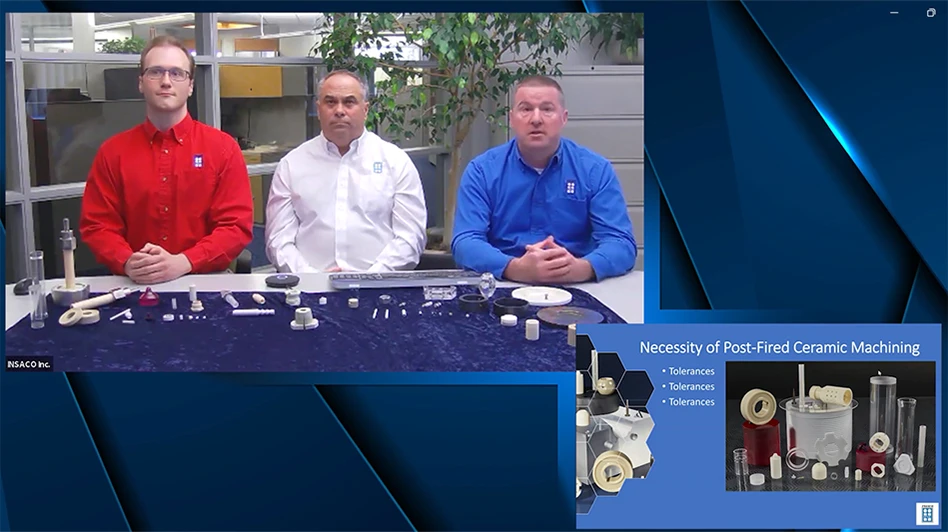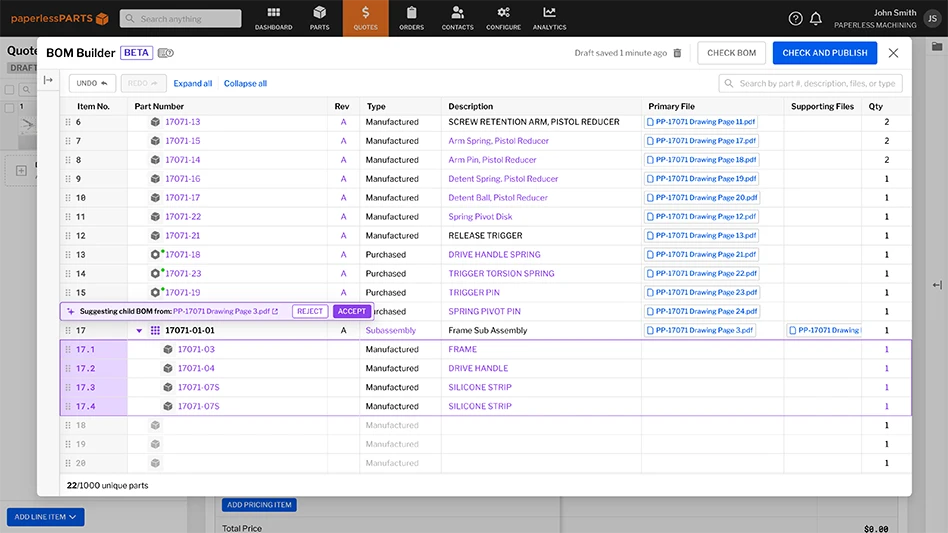
As MedTech companies operate within a complex regulatory landscape, compliance with industry standards, FDA regulations, and international health protocols is not just an option – it’s a necessity. Non-compliance can lead to financial penalties, delays, and reputational damage, jeopardizing market entry and growth.
The multi-faceted risks of non-compliance
Non-compliance in medtech is more than a regulatory issue – it poses serious financial, operational, and reputational risks.
One of the most immediate consequences of non-compliance is financial loss. It can result in heavy fines from bodies like the FDA or EMA, costly product recalls, and delays in product approvals, all of which impact revenue. In fact, in extreme cases, it can block market access, cutting off essential revenue streams and jeopardizing long-term viability.
Operationally, non-compliance is equally disruptive. Failing to meet manufacturing standards or quality control protocols can halt production entirely or lead to product rejections, disrupting supply chains and draining resources. Delayed product approvals further hinder market entry, affecting growth and competitiveness.
Perhaps the most profound impact of non-compliance, however, is reputational. Non-compliance undermines trust in a field where patient safety is paramount. Negative media coverage, recalls, or safety issues can erode customer confidence and deter investors, making recovery a long and challenging process.
Strategies for ongoing compliance
To mitigate the significant risks of non-compliance, medtech companies must establish a strong compliance infrastructure supported by strategic initiatives. A key step is prioritizing education and training across all levels of the organization. Regulations evolve constantly, and regular training ensures employees – whether in product development, clinical trials, or marketing – understand the standards relevant to their roles, minimizing the risk of compliance breaches.
Investing in regulatory technology (regtech) is another effective strategy. Regtech tools automate regulatory monitoring, track compliance, and simplify processes across departments. For example, our Resource Centre consolidates regulatory pathways and product requirements from more than 30 markets, enabling clinical and regulatory teams to access up-to-date trial and compliance data easily.
Beyond tools and training, fostering a culture of compliance is essential for long-term success. Compliance should be ingrained in every aspect of the organization, rather than treated as a standalone function. A compliance-focused culture promotes transparency, accountability, and proactive issue identification, helping teams address potential problems before they escalate.
The growing emphasis on privacy
Privacy and security are becoming increasingly critical in medtech alongside general regulatory compliance. The 2023 Consolidated Appropriations Act formalized the FDA’s cybersecurity recommendations into law, while global initiatives like the EU’s NIS2 Directive, Australia’s TGA guidance, and Singapore’s cybersecurity labeling scheme underscore the international focus on robust cybersecurity for medical devices.
The shift to connected devices has brought significant improvements in patient care but introduced new cybersecurity risks. For example, heart implant patients benefit from remote monitoring, eliminating frequent hospital visits and enabling continuous care. However, these advancements also demand strong cybersecurity to protect patient data and ensure device reliability.
To address these challenges, medtech companies must adopt a proactive approach to cybersecurity. This includes integrating security measures early in product development, conducting threat modeling, and identifying vulnerabilities before launch. Strong data protection policies, regular security audits, and ongoing employee training are also essential to maintaining device security throughout its life cycle.
Compliance – a necessity, not an option
To succeed in today’s medtech environment, companies must prioritize regulatory compliance and cybersecurity. Failing to comply can result in costly financial losses and operational disruptions, but the real danger is the damage to a company’s reputation. In an industry built on trust, falling short of compliance or security standards can have serious, lasting effects.
Pure Global
https://pureglobal.com/

Explore the January/February 2025 Issue
Check out more from this issue and find your next story to read.
Latest from Today's Medical Developments
- North America's supply chains face sharp decline due to tariffs
- Experience precision: GF Machining Solutions' CUT F Series wire EDM
- Mastering high-temp alloys with Kennametal Inc.
- Integer expands operations in Salem, creating 83 jobs
- Siemens unveils new Teamcenter X: Revolutionizing SaaS PLM for all manufacturers
- 3 Questions with an Expert with Allied Machine & Engineering
- Supply Chain Power – A strategic program for executives
- Sunnen Products' PGE-6000 gage





